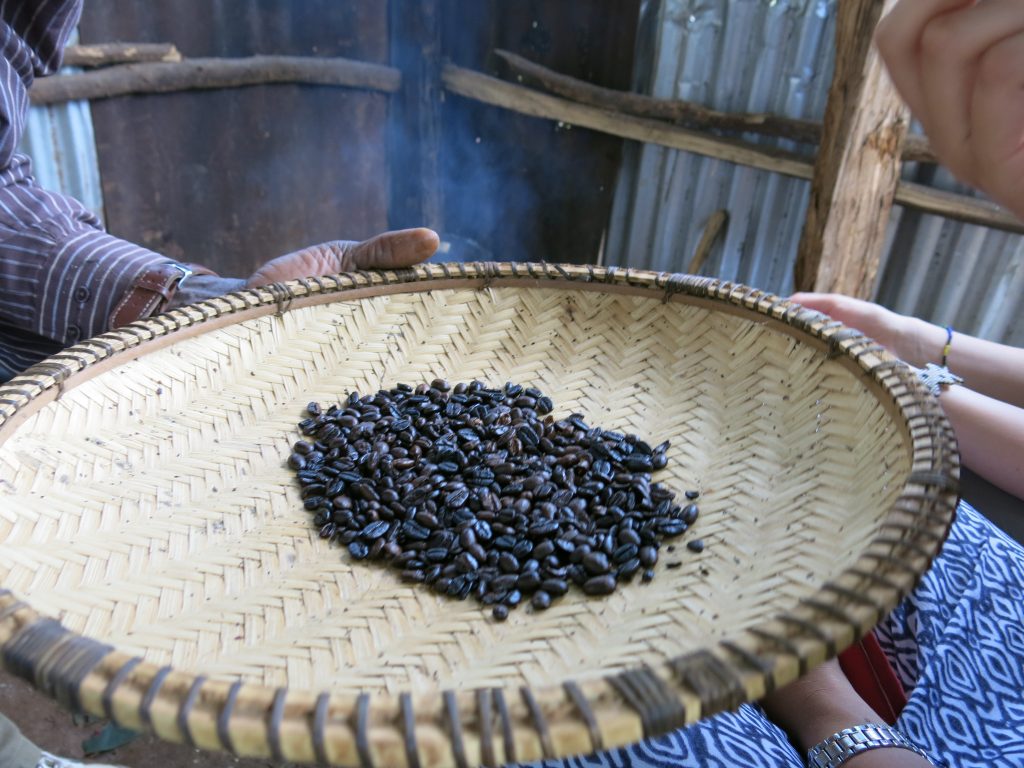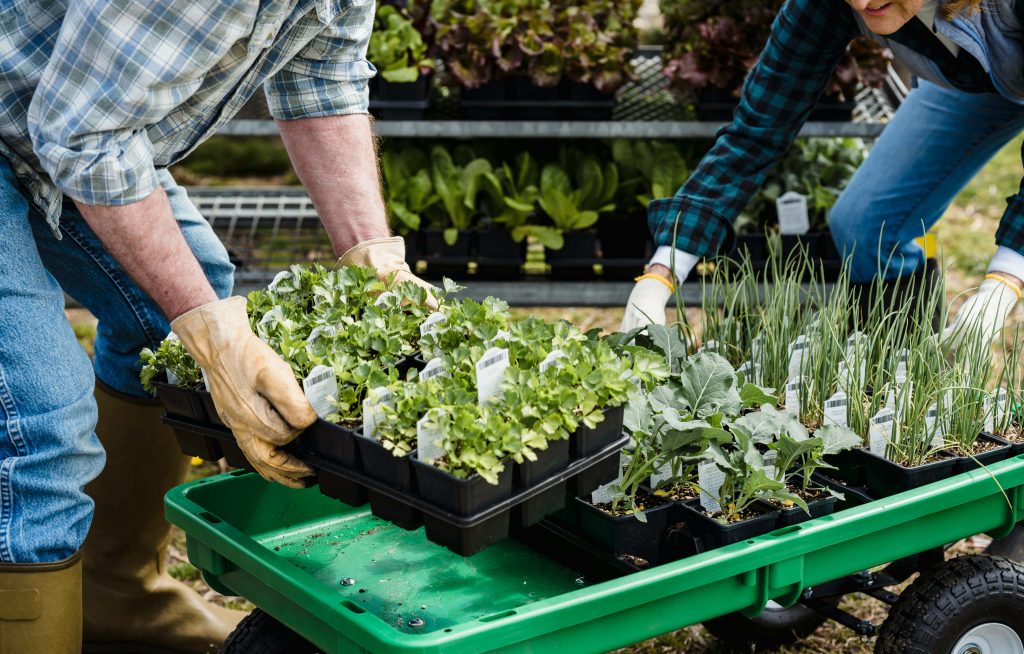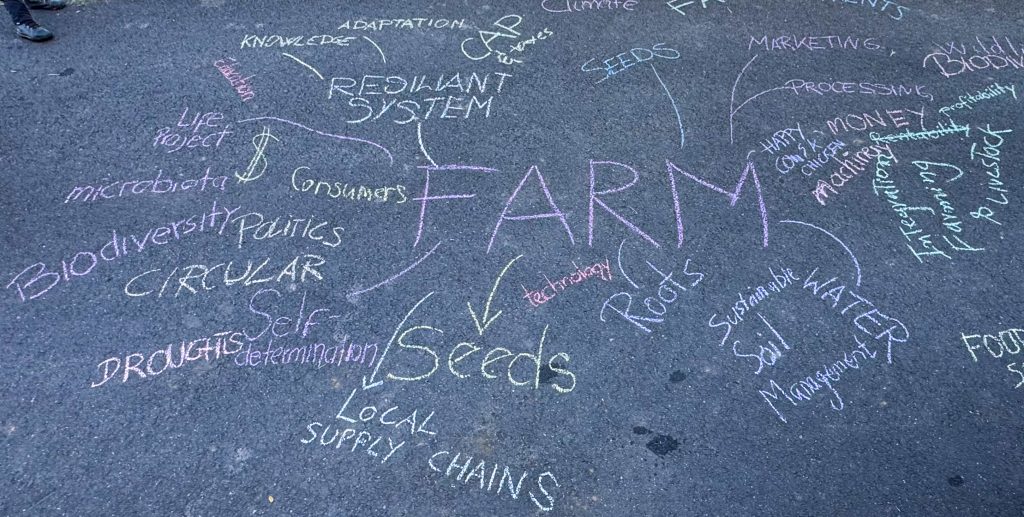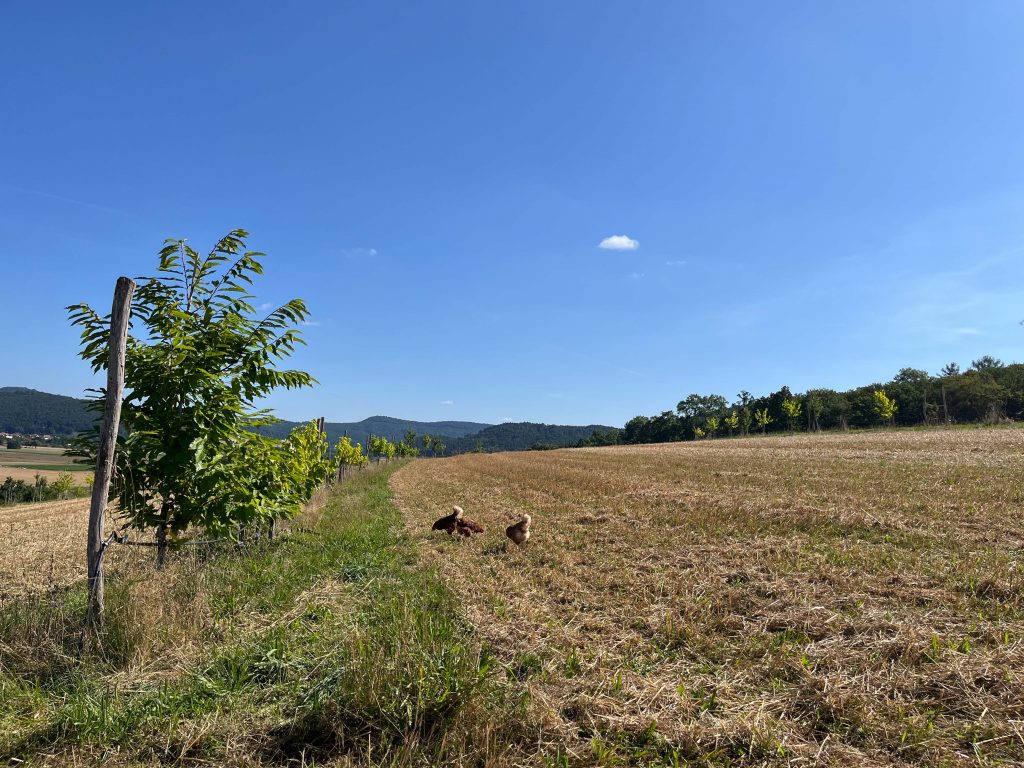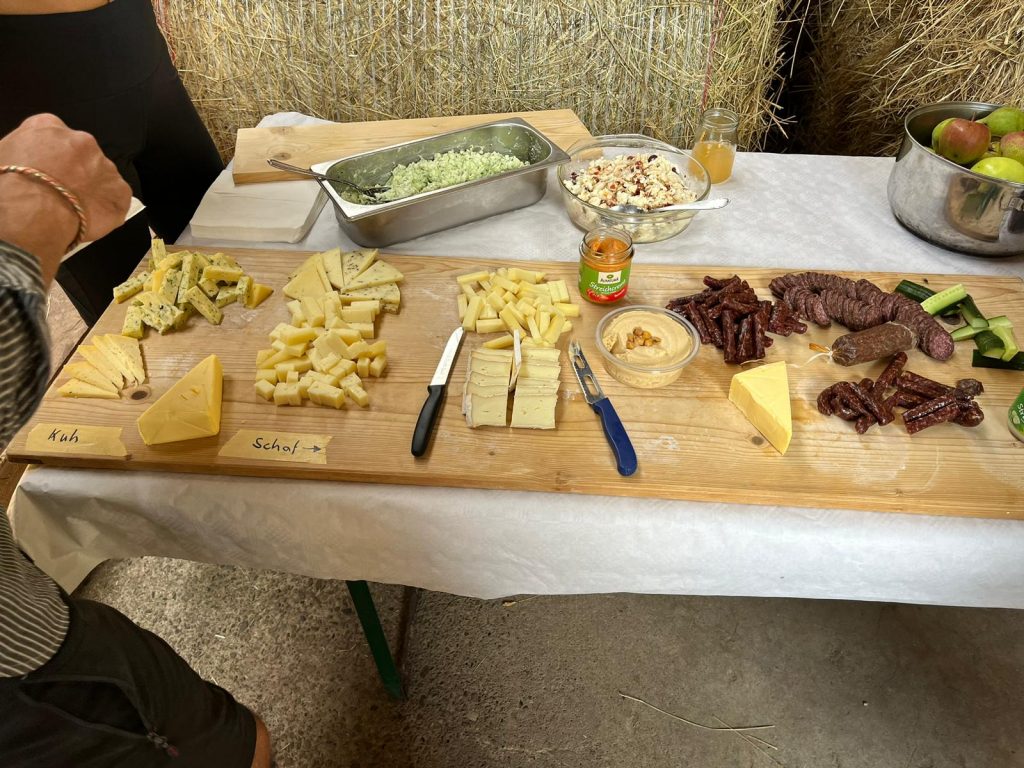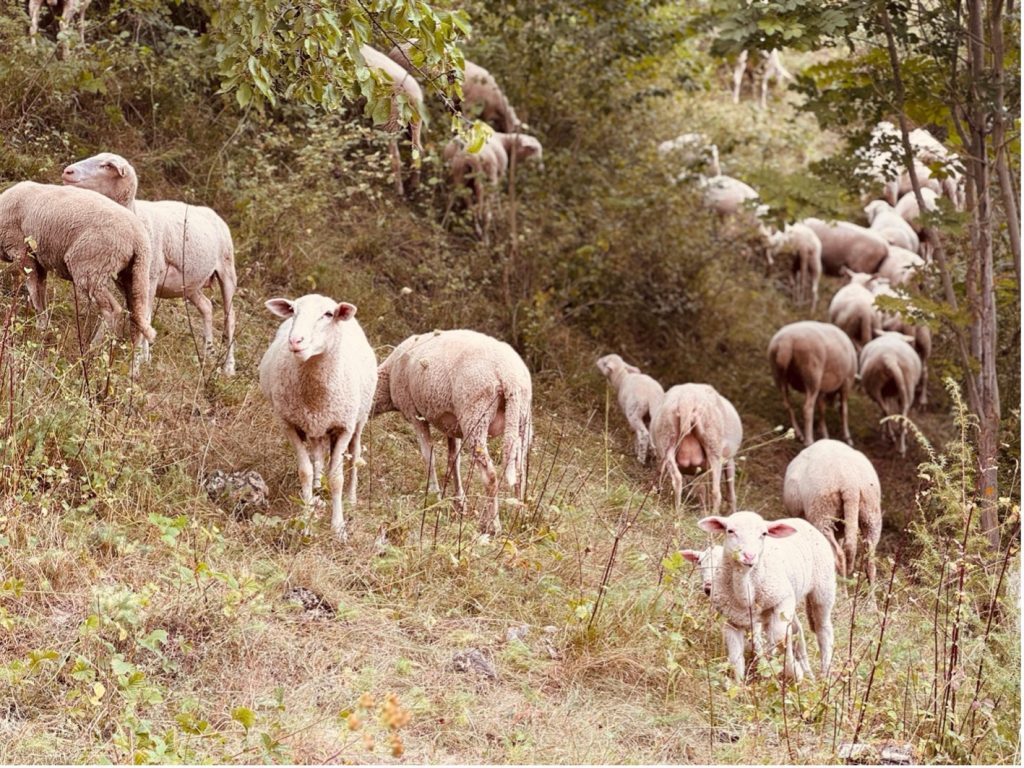
Sheep Shape the Land: Grazing for Biodiversity in Hesse
A post by Laura Calderon, Anna Komendantskaya, Philip Müller, Tabea Theis & Lena Wollstäger “How does conservation work at scale?” – Many of us students at the 2025 Agrobiodiversity Summer School were unsure about this question and eager to answer it when we visited the “Geonaturpark Frau Holle Land”. After having visited individual farms in […]


